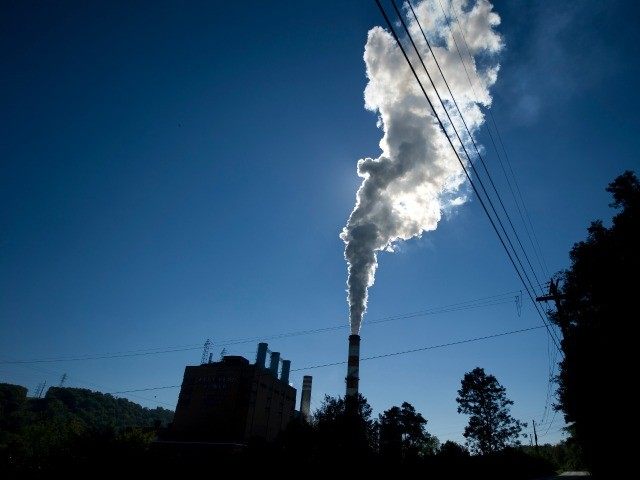There seems to be a sentiment that only “scientists” can credibly weigh-in on the subject of global warming. Sen. Barbara Boxer (D-CA) suggested as much last week, during a fiery Senate committee exchange with Alex Epstein, author of “The Moral Case for Fossil Fuels.”
After Epstein had explained his rationale for the continued use of fossil fuels, Sen. Boxer belligerently asked, “Are you a scientist?”
The presumption, of course, is that Epstein’s views should simply be minimized if he’s not a practicing “scientist.” Of course, Sen. Boxer isn’t a scientist either. Even worse, we can infer that she would prefer to merely acquiesce to “scientific opinion.” But since untold numbers of scientists have publicly rejected the theory of man-made global warming (including ten of thousands in “The Petition Project” alone), Boxer has aligned herself with only one slice of the scientific community.
The general public, however, should indeed feel welcome to debate the matter of global warming, and for two fundamental reasons:
- The core issues aren’t complex;
- Americans have an obligation to evaluate policies that will greatly affect their nation’s economic health.
On the first point, the root question is what has caused the warming of the past 150 years or so— with global temperatures rising roughly 0.8 degrees Celsius in that time. Yes, carbon dioxide (CO2) levels have climbed in that timespan, but solar activity has also risen considerably as well. In fact, solar output during the 20th Century increased to levels not seen in as much as 2,000 years.
Those advocating man-made warming simply discount solar variability as having an impact on climate, however. Instead, their entire theory is built on the notion of rising CO2 levels as the driver of catastrophic warming. But again, there’s an overlooked fact: CO2’s heat-trapping ability actually falls drastically as its concentration increases. This sounds counterintuitive, given the intellectual demonization of CO2, but it’s an attribute well-documented in laboratory studies.
And so we have conflicting antagonists—rising solar activity vs. a flawed greenhouse gas. Which one is responsible for driving up 20th Century temperatures? For this alone, it seems reasonable to question a settled, scientific “consensus” on global warming.
But this is not simply an academic exercise— a question of which team will win the big game.
No, there are massive federal mandates being implemented right now to address “carbon pollution.” During last week’s hearing, Sen. Boxer happily cited President Obama’s pending “Clean Power Plan,” which will eliminate roughly 40 percent of America’s current clean-coal power fleet in favor of solar panels and 125,000 new wind turbines. The projected costs for this are staggering—an estimated $214 billion in higher utility costs, plus $64 billion to construct new infrastructure. (Ironically, wind and solar remain intermittent forms of power. Thus, these new installations will still require back-up power from gas and coal systems.)
The bottom line is that, in an effort to vanquish CO2, America’s Washington is committing to a stunning transformation of America’s energy grid. But there are serious questions here. If CO2 isn’t driving the climate, then is this troubling juggernaut actually—and absolutely—necessary? No doubt, Americans will feel real pain when their monthly energy bills start to rise. And so will businesses and manufacturers. But is the U.S. economy in such robust health as to withstand the shock.
Sen. Boxer and her ilk need to do real due diligence—as do the American people—before embarking on such a serious experiment with the nation’s power sector.

COMMENTS
Please let us know if you're having issues with commenting.